Microsoft Outlook 2013 deprecated feature list
Before you switch to Microsoft Outlook 2013, the company's latest version of its popular messaging client that can do a lot more than just sending and retrieving emails, you may be interested in the components and features that Microsoft removed from the client. That's only a concern to users of Outlook 2007 or 2010 who consider upgrading to the new version of Outlook, even though new users may want to browse through the list as well as they may find a feature listed here that need included in their messaging software.
The official Office blog has highlighted the changes yesterday. The team notes that the list is not complete, and that some deprecated features are not in that list.
- Exchange "Classic Offline" Mode is no longer support. Users will be upgraded to Cached Mode when they install Outlook 2013, and Microsoft notes that users should normally see no difference when they work with the client. Outlook supports the Cached Exchange mode and Online mode. The mode has been part of the program since Outlook 2003 and is now the recommended mode by Microsoft. It basically makes available a locally cached version of the mailbox (.ost) and address book (OAB) of a user's Exchange mailbox. Online Mode on the other hand is a legacy method of connecting to Microsoft Exchange. It may be used in situations were very large mailboxes are used that impact performance or were local copies can't be created due to lack of local disk space.
- Delivery locations can no longer be a PST file and users in that configuration will be upgraded to the aforementioned Cached Mode which uses .ost files.
- Office.com calendar sharing will be shut down for Outlook 2013 and older versions of Outlook. This also means that users won't be able to publish calendars on the platform anymore.
- VPN and Dialup settings are not configurable anymore in Outlook 2013. Microsoft suggests that users manage these settings from the Windows Control Panel instead.
- Windows users can't use Windows Search anymore to search for Outlook mail or calendar items. Search only works in the messaging client.
- Journals have been moved to the Folder List module and the ability to auto-journal has been removed.
- Some import and export file types have been removed including Word 97-2003 doc, Excel 97-2003 xls, ACT! contact manager files and Outlook Express archives. Outlook still supports .csv and .pst files.
- The Contact Activities Tab has been removed from Outlook 2013. Microsoft suggests to use the Outlook Social Connector instead.
- The Outlook To-Do Bar only shows appointments for the current day and no overview of appointments for the next day anymore. Microsoft has been heavily criticized for limiting the To-Do bar to daily appointments only. It is not clear yet if the feature will be integrated into Outlook 2013 again at a later point in time.
Are you working with Outlook? Did you use any of the features listed here?
Advertisement

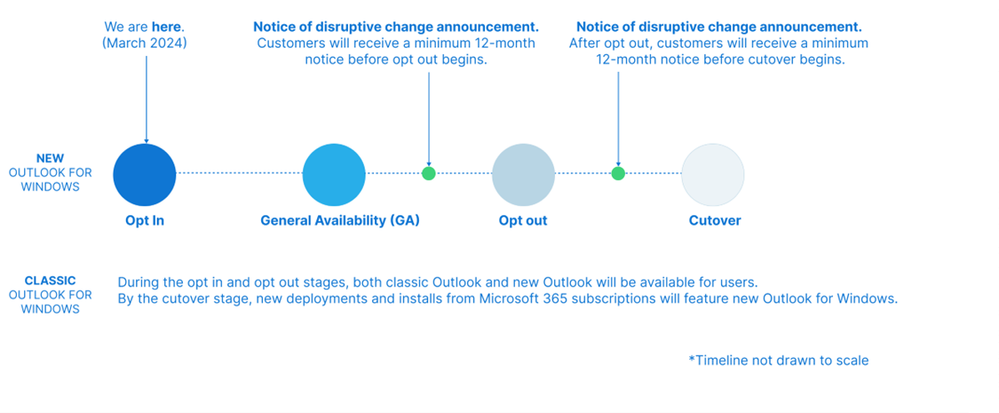




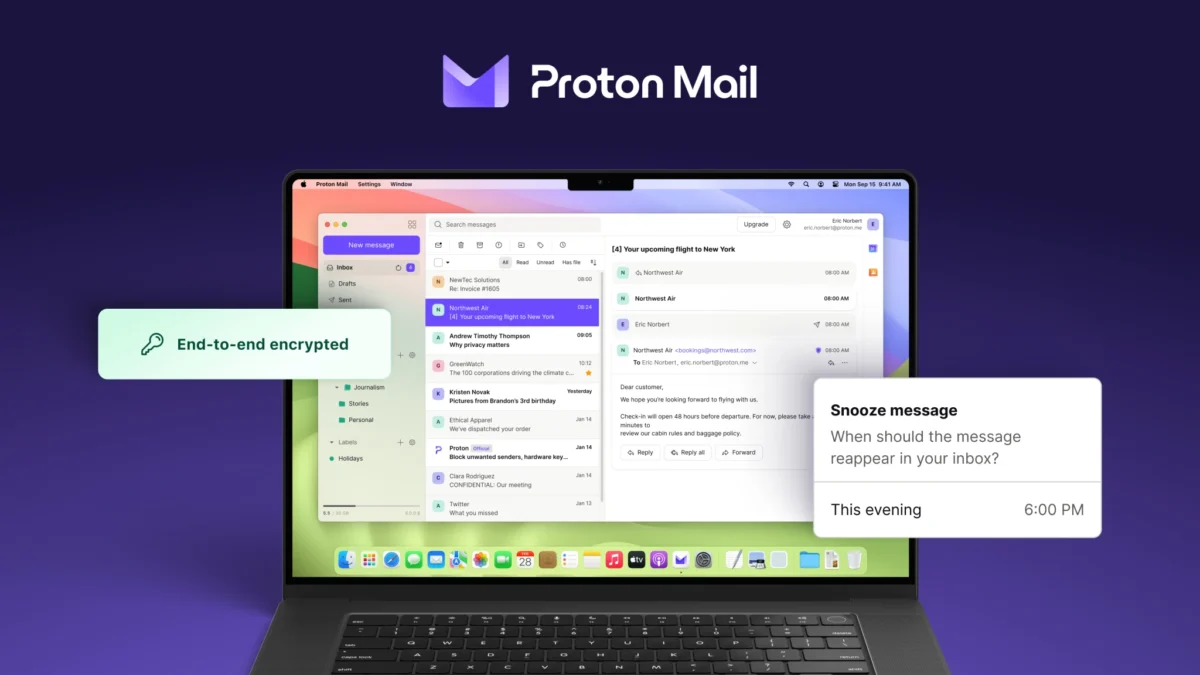
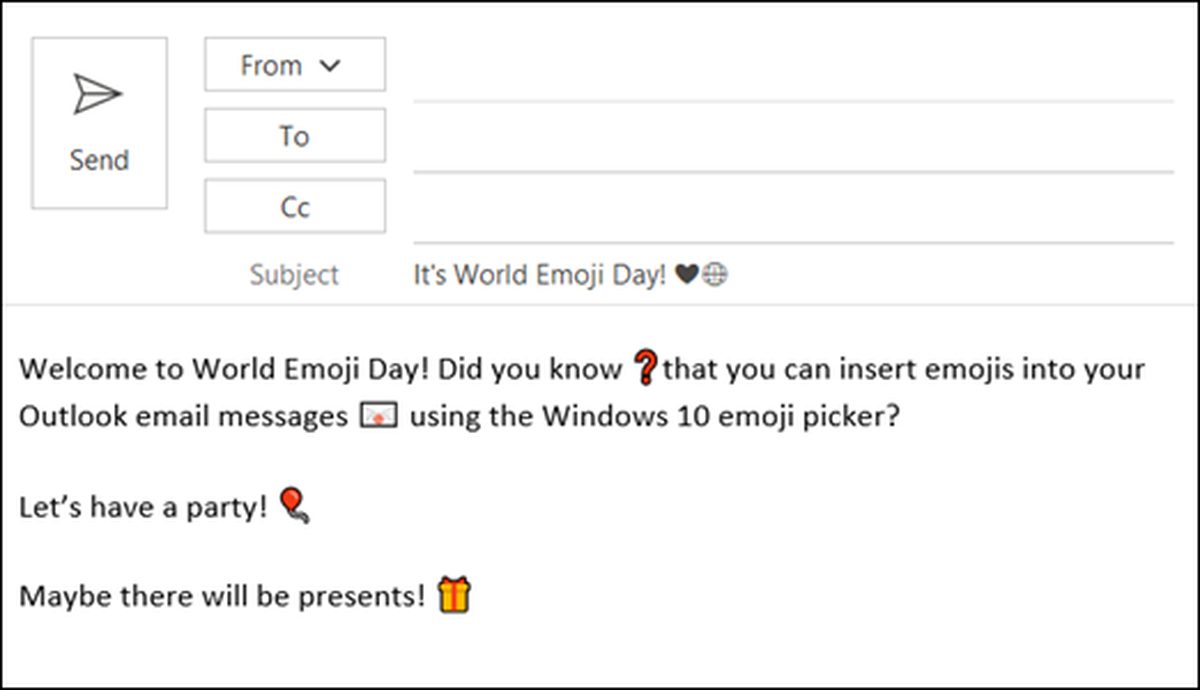
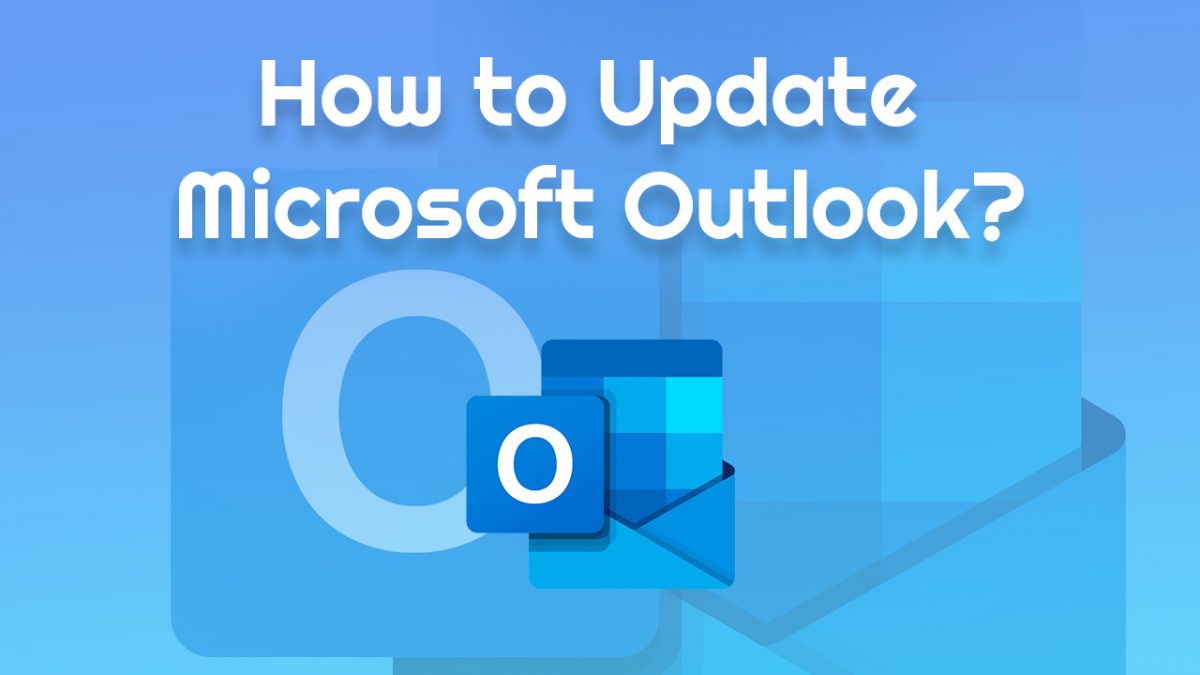

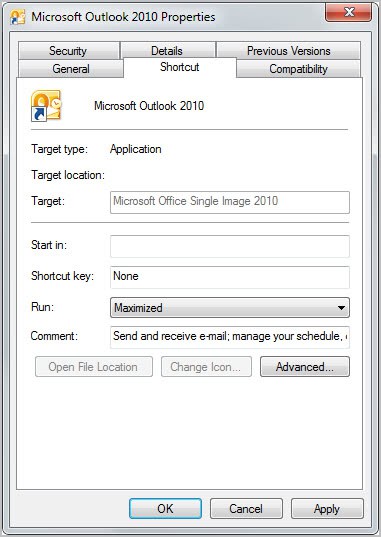










The limitation on the to-do calendar to show only appointments for the current day can be somewhat frustrating, that’s where this add-in tried to fill the void while MS decides to release a “fix” for this issue:
http://outlook2013addin.codeplex.com
I’m very angry about the to-do bar being limited like that it makes the calendar worse than usless. I will probably revert back to Outlook 2010. Because of it.
Very Bad form Microsoft !!!
what does it mean by the following? No more PST files?
Delivery locations can no longer be a PST file and users in that configuration will be upgraded to the aforementioned Cached Mode which uses .ost files.
Less is less. And that’s what MS wants its customers to have. Less.
Me neither and plan to keep away from it! (sorry for double posting on your other article!)
th only thing i would miss would be te to do reduction
I never used Outlook and I plan to never do it, so no problems with this move for me :)
Yet you stopped to read an article about Outlook 2013. Hmm. And then took the time out to write a precious comment. Hmm. What’s wrong with you?
I think Microsoft should remove support for EAS too, to be on par with Google. /s
The only one that would annoy me would be:
———-
Windows users can’t use Windows Search anymore to search for Outlook mail or calendar items. Search only works in the messaging client.
———-
How are you supposed to do a global search including email?
I agree, that change is bound to upset A LOT of Outlook users.
I hardly ever use Windows Search, and I’m a Thunderbird user, so this change doesn’t impact me at all. I’ve just checked and, although supposedly Thunderbird emails should be indexed by Windows Search, not all messages are found. Maybe it’s a setting somewhere that needs to be changed.
It looks like the free edition of Copernic desktop search could be a good alternative for Outlook 2013 users. Maybe worth an article, Martin?
I got rid of Copernic ages ago because of one major flaw – it does not index folder names. Have they removed this limitation?
Since I index hierarchically, the folder name(s) are integral to getting to the right file. For instance, I might be searching for work and I would put the name of the company as the folder name and the files underneath might be named “Resume”, “Intro”, “Status”, etc.
So maybe I want to search on the company name and see if/when I sent them something. But when Copernic refuses to index folder names, I will not get any hits and will not find anything!